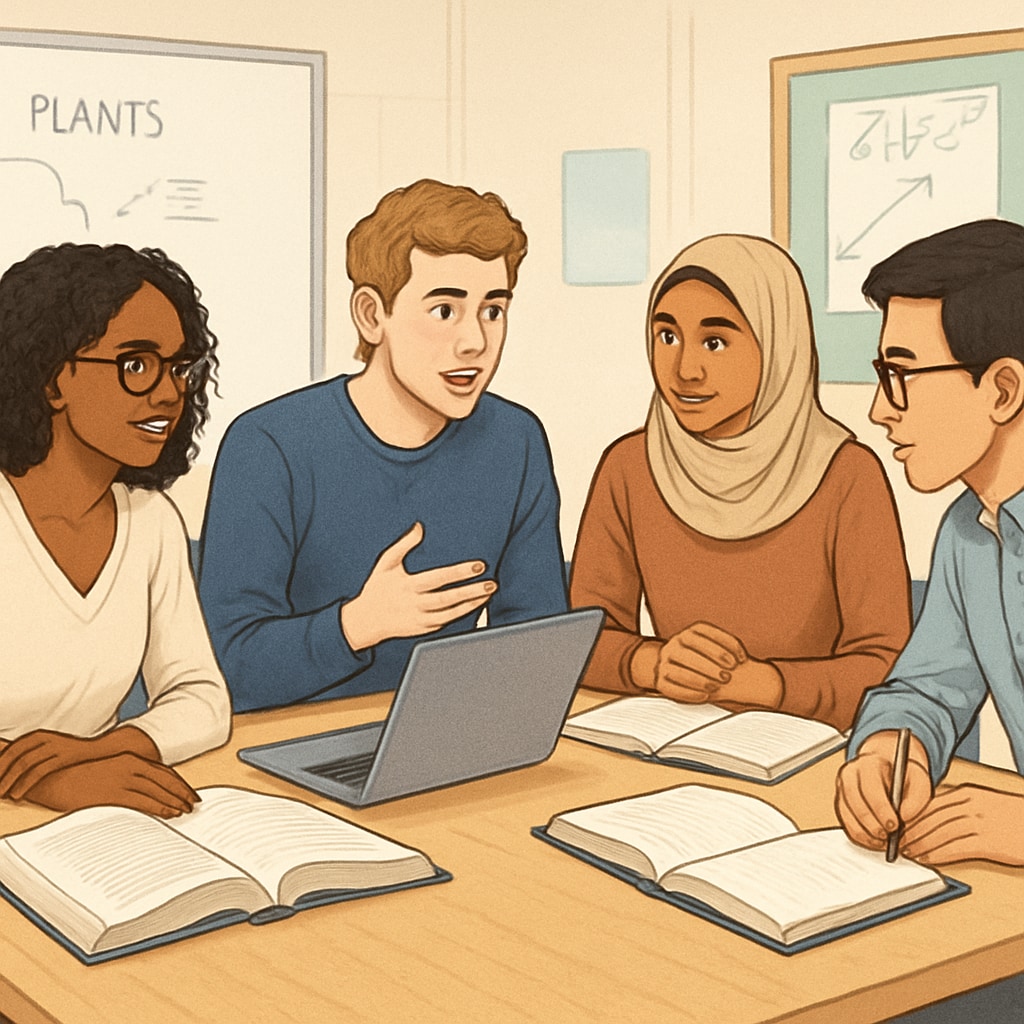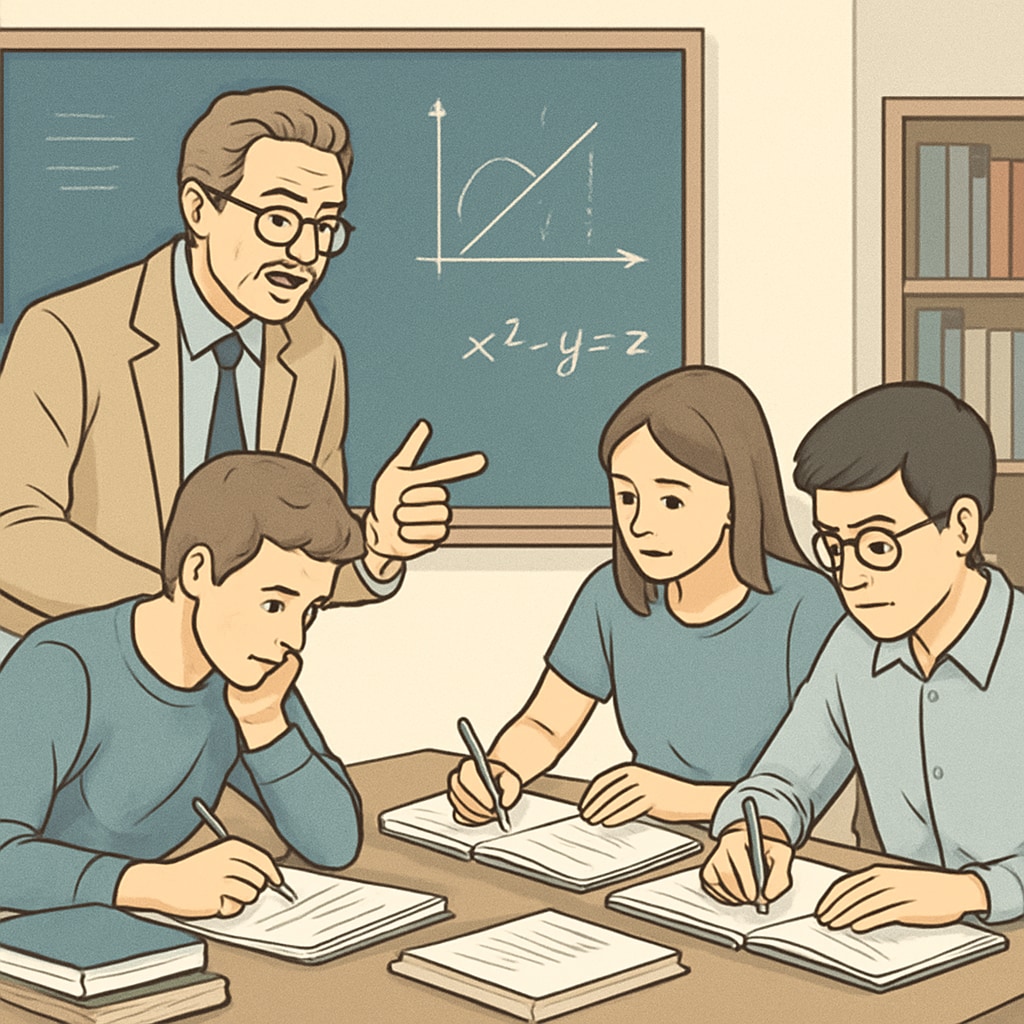Higher education plays a pivotal role in fostering education, personal growth, and critical thinking. Beyond academic achievements, it contributes to shaping students’ self-awareness, emotional intelligence, and inclusivity. As individuals transition from the structured environment of K-12 education to the autonomy of higher education, they embark on a journey that transcends knowledge acquisition, focusing on developing their broader cognitive and emotional capacities.

The Foundation: How K-12 Prepares Students for Higher Education
The K-12 education system is often considered the preliminary stage of intellectual and emotional development. It establishes the fundamental skills necessary for success in higher education, such as communication, problem-solving, and teamwork. Additionally, it introduces students to diverse perspectives and teaches them to navigate social dynamics, which are crucial for fostering inclusivity and adaptability later in life.
For example, K-12 curricula typically include activities like debates, group projects, and reflective writing. These tasks encourage students to articulate their viewpoints while respecting others’ opinions. Such practices lay the groundwork for the more advanced critical thinking and self-awareness skills that higher education aims to refine.
Higher Education and the Development of Critical Thinking
Higher education is uniquely positioned to cultivate critical thinking—a skill essential for both personal and professional success. Unlike K-12 education, which often emphasizes rote learning, higher education encourages students to question assumptions, analyze evidence, and synthesize information from multiple sources.
For instance, university courses frequently require students to engage in open-ended discussions, research projects, and case studies. These activities challenge them to think independently and assess the validity of arguments. As a result, students develop the ability to approach problems from multiple angles, a skill that is invaluable in today’s complex and fast-changing world.

Shaping Self-Awareness and Emotional Intelligence
In addition to intellectual growth, higher education significantly impacts self-awareness and emotional intelligence. Exposure to diverse cultures, ideas, and experiences broadens students’ horizons and helps them understand their own values and biases. This self-awareness is crucial for personal growth and for fostering meaningful relationships in both personal and professional settings.
Moreover, higher education often involves challenges that test students’ resilience and adaptability, such as managing academic workloads, navigating social relationships, and coping with uncertainty. Overcoming these challenges not only builds confidence but also enhances emotional intelligence—an essential trait for leadership and collaboration.
Fostering Inclusivity and Global Perspectives
One of the most transformative aspects of higher education is its ability to foster inclusivity and global awareness. By bringing together individuals from diverse backgrounds, higher education institutions create environments where students can learn to appreciate different perspectives and collaborate effectively across cultural boundaries.
For example, initiatives such as study-abroad programs and multicultural campus events expose students to global issues and encourage them to think beyond their immediate communities. These experiences not only enrich their understanding of the world but also prepare them to contribute positively to an increasingly interconnected society.
The Long-Term Benefits of Higher Education
The impact of higher education extends far beyond the classroom. By equipping students with critical thinking skills, self-awareness, and an inclusive mindset, it prepares them to navigate the complexities of the modern world. Graduates are better positioned to excel in their careers, contribute to their communities, and lead fulfilling lives.
In addition, the values and skills instilled through higher education often influence future generations. As graduates become parents, mentors, and leaders, they pass on the importance of critical thinking and inclusivity, creating a ripple effect that benefits society as a whole.
In conclusion, higher education is much more than a pathway to academic achievement; it is a transformative experience that shapes individuals’ cognitive abilities and personal character. By fostering critical thinking, self-awareness, and inclusivity, higher education empowers students to become well-rounded individuals who can make meaningful contributions to the world.
Readability guidance: This article uses concise paragraphs and lists to enhance readability. The content incorporates transition words to maintain flow and balance. Images are strategically placed to complement the textual content and emphasize key points.


